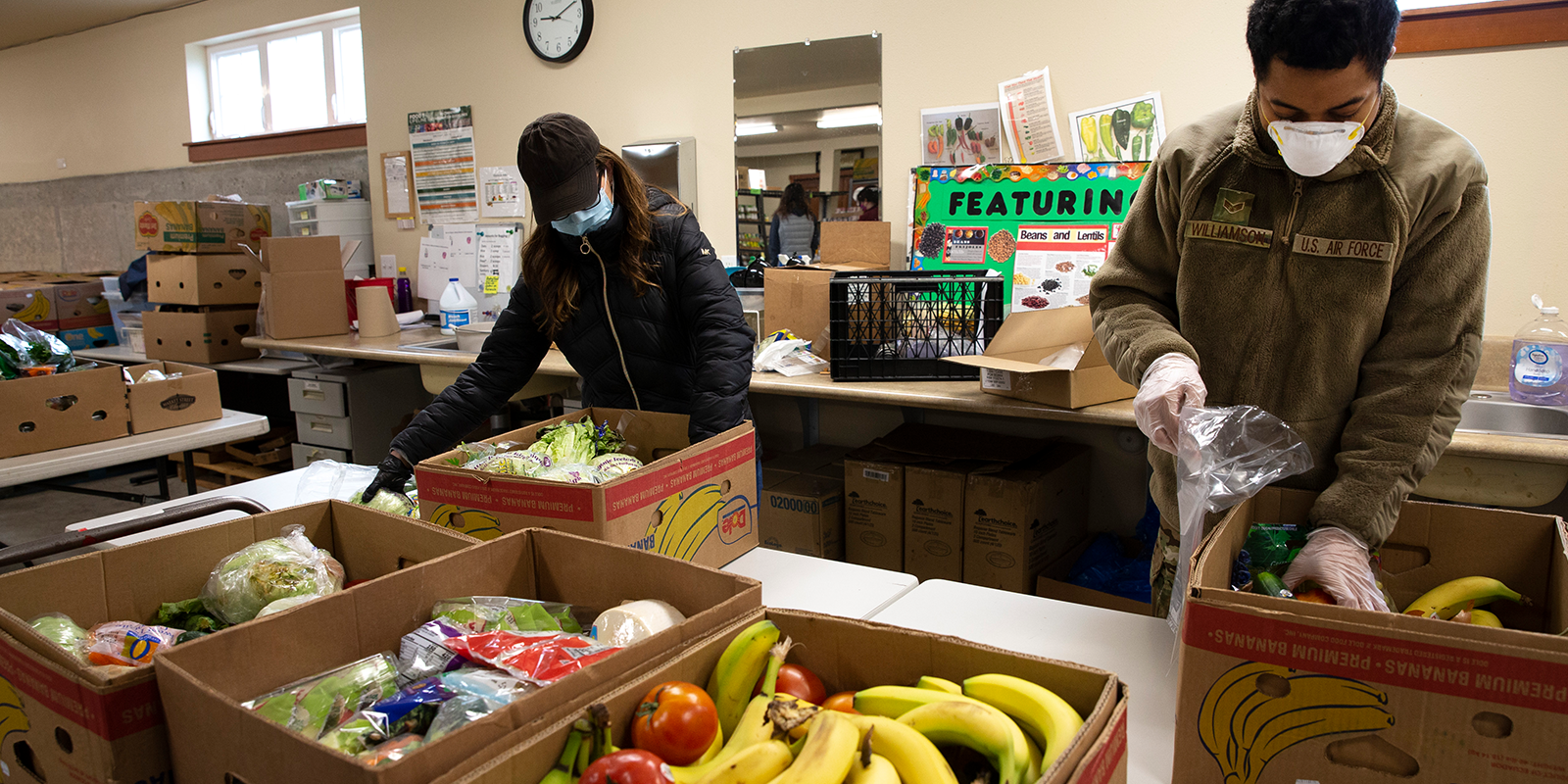(Editor’s note: This is an excerpt of a blog post on the Economic Policy Institute’s website. For the full article, please click here.)
In the last two weeks, nearly 10 million people applied for unemployment insurance. …
How policymakers respond now will determine the level of pain working families experience and the speed at which the economy can get back on track after the shutdown period is over. The relief and recovery packages passed since the crisis began included many good measures, but they are still too little and some provisions in these packages represent policy missteps. …
Policymakers should now take additional steps to mitigate the disaster, including, but not limited to, directly tying any additional industry aid to preserving workers on payroll. Democratic leadership has made it clear that they are committed to working on another relief measure to address the economic impact of the pandemic. This bill must be passed quickly and must be sufficient in scope and magnitude to address the severity of the economic and public health crisis we are experiencing.
Any additional relief bill must:
Provide substantially more aid – and aid that is more open-ended – to state and local governments: … When the economy is ready to restart in a few months, state and local budget shortfalls will lead to large drags on recovery absent federal action. New aid should be at least $500 billion by the end of 2021 to avoid this drag on recovery.
Make additional investments in unemployment insurance (UI): … The phase four bill must include triggers that allow the expanded UI programs to phase out slowly and only as economic conditions warrant. … Finally, new money to help states quickly build up their UI system administrative capacity is crucial for ensuring the key elements of UI (like the ability to compensate workers for hours that have been cut due to the economic downturn) are used to maximum effect.
Disburse another direct cash payment: … the CARES Act provided for a one-time direct cash payment to the bottom 93% of U.S. tax units. But this cash payment is insufficient to carry all households through the relief period unscathed and to ensure a robust recovery once the all-clear sounds. Further, it is too restrictive about which households are eligible to receive it. Another direct cash payment should be provided, and it should be available to all income-eligible households regardless of tax filing or immigration status.
Provide full funding for testing, treatment, and front-line worker personal protective equipment (PPE): While substantial money for medical investments has been allocated in previous relief and recovery bills, an open-ended commitment by the federal government to fully fund any testing and treatment of coronavirus expenses should be made. Further, a similar commitment should be made to purchase and disburse PPE to front-line workers (including but not limited to health care workers).
Include strong worker protections: This crisis has revealed the lack of power far too many U.S. workers experience in the workplace. Many workers are required to work without protective equipment. They have no effective right to refuse dangerous assignments and are not even being granted hazard pay, despite working in difficult and dangerous conditions. Policymakers must include enhanced protections for all workers performing essential work during this crisis.
For the full article on the Economic Policy Institute’s website, please click here.
